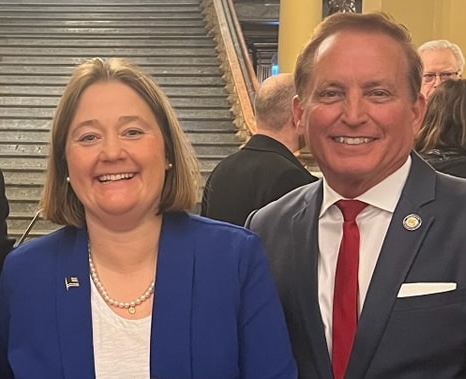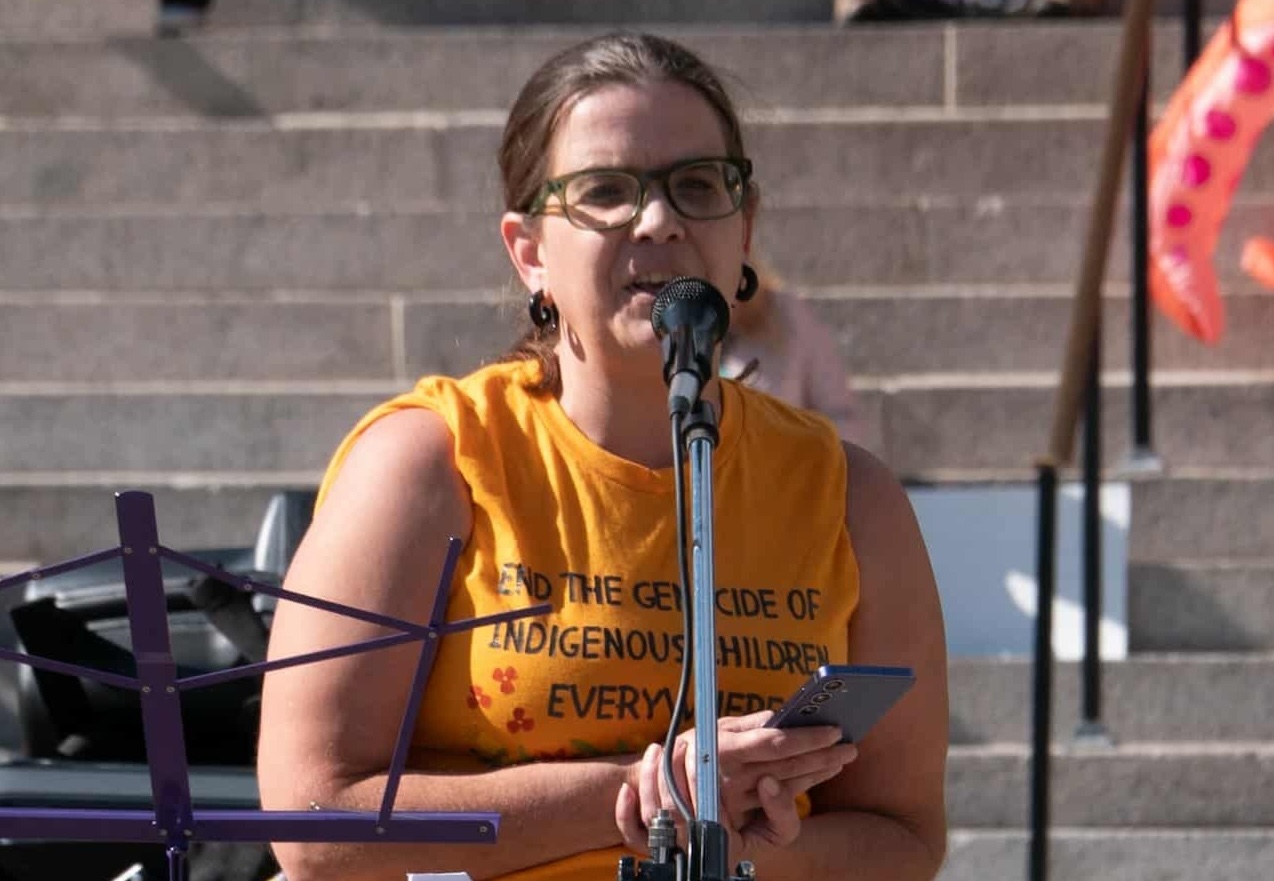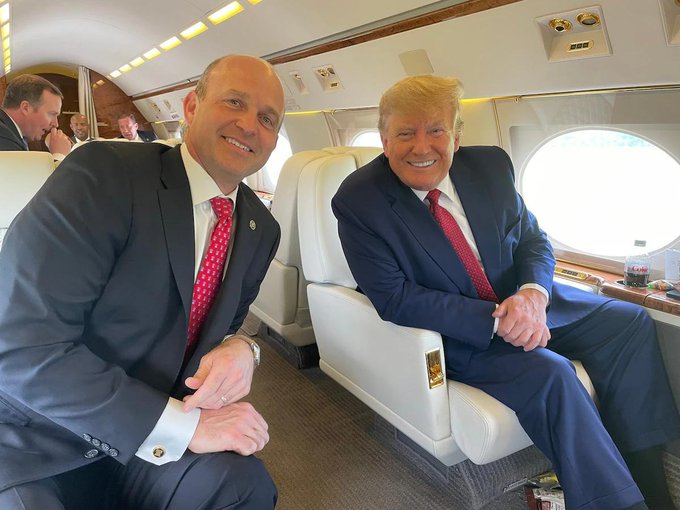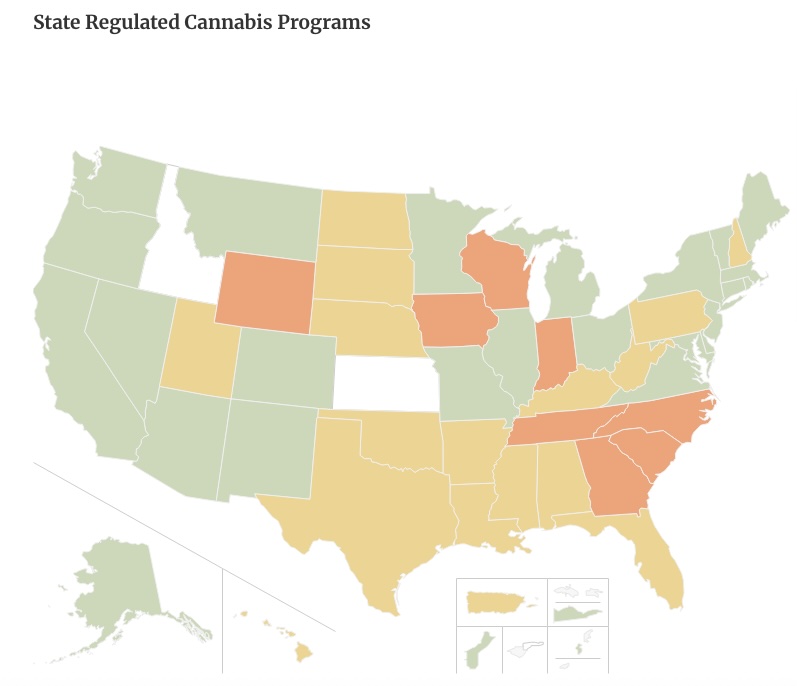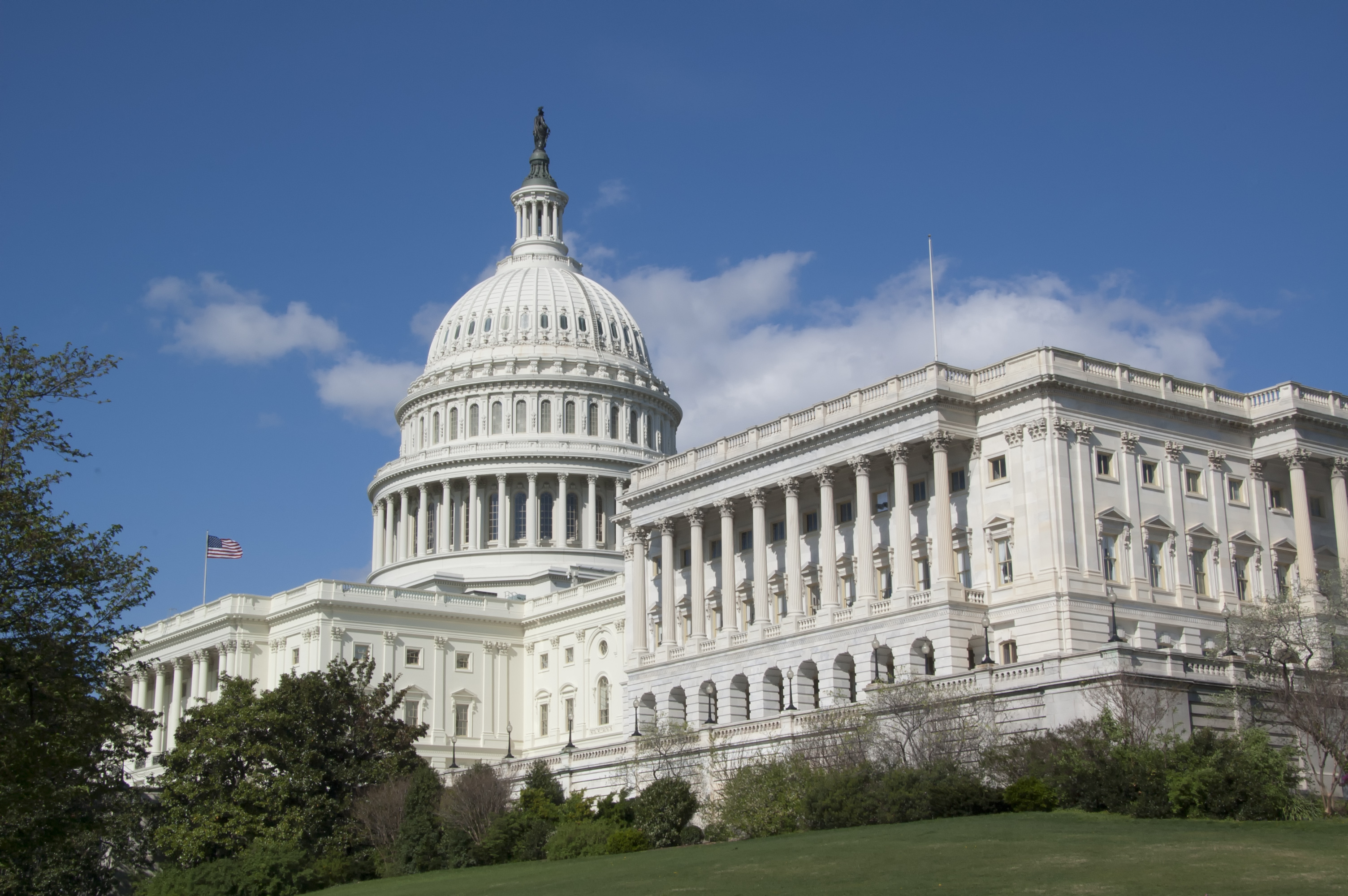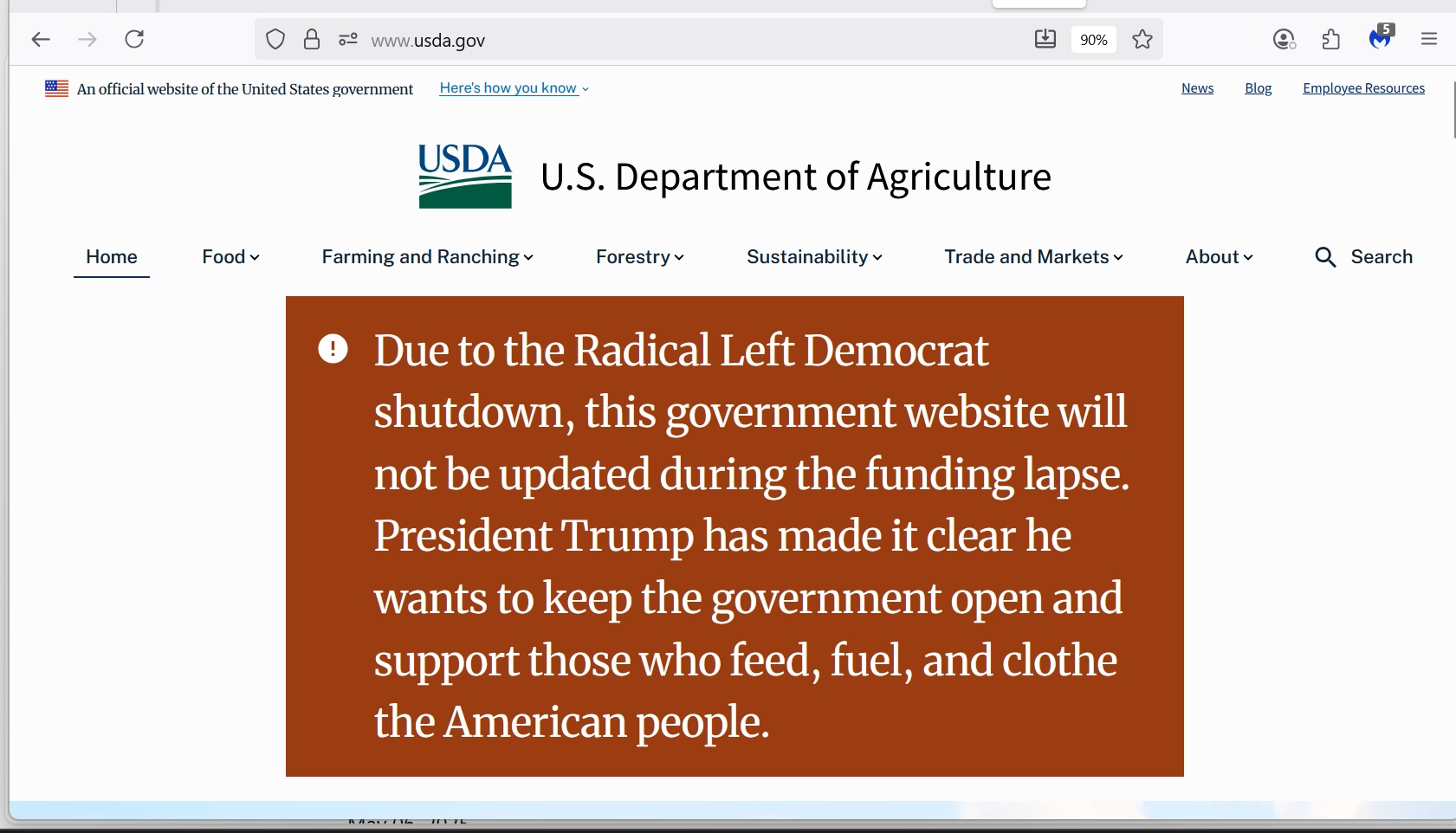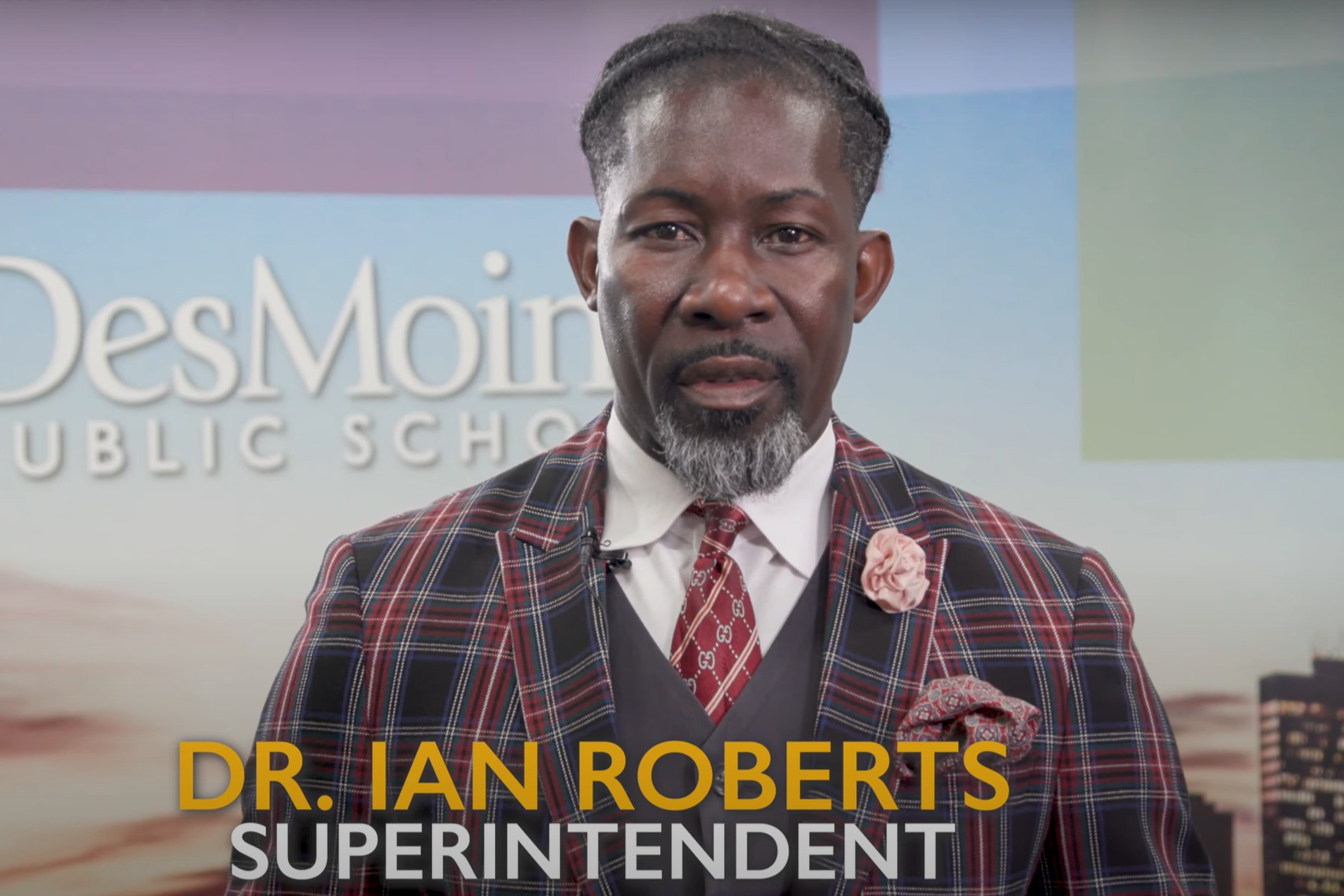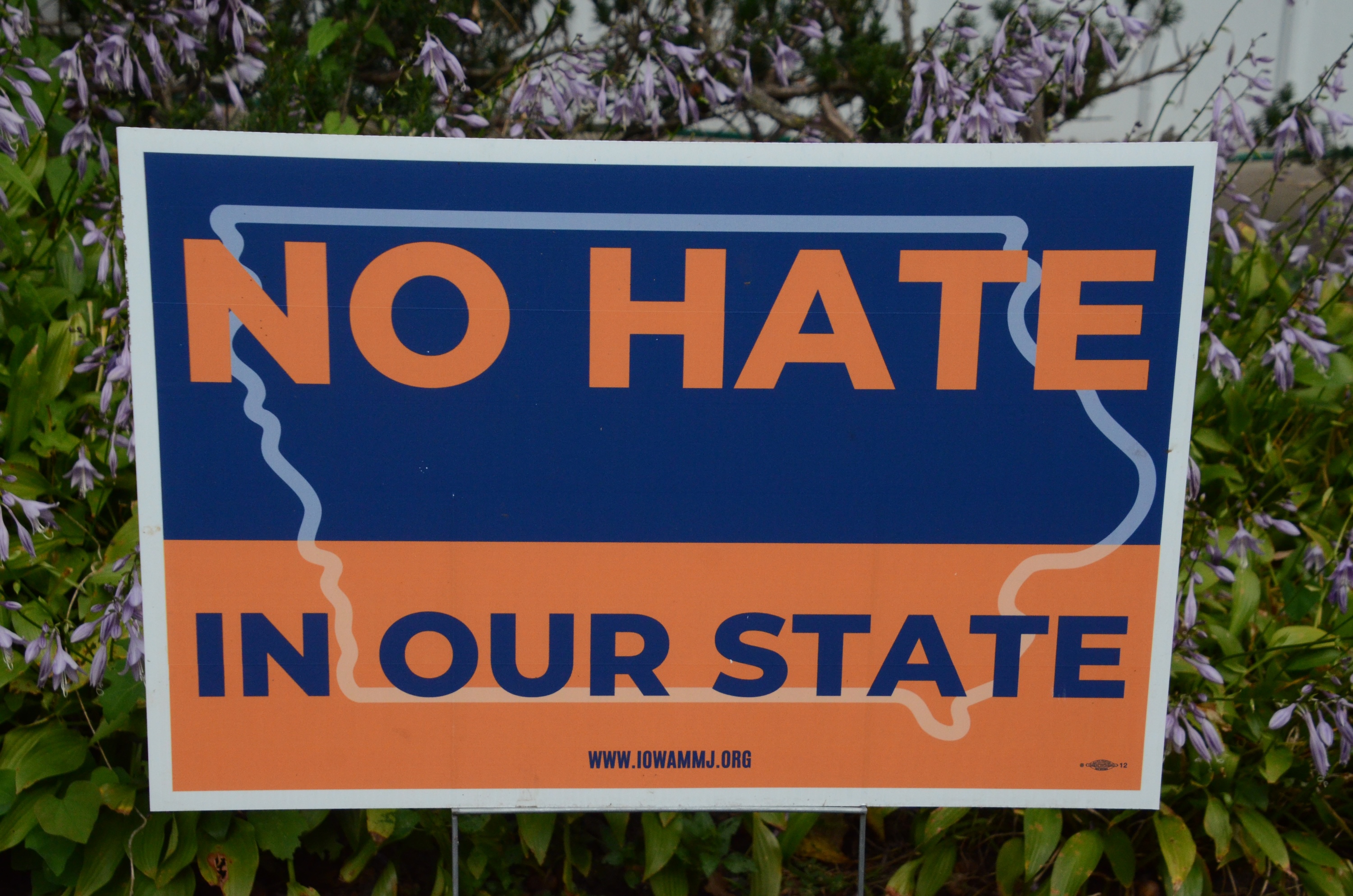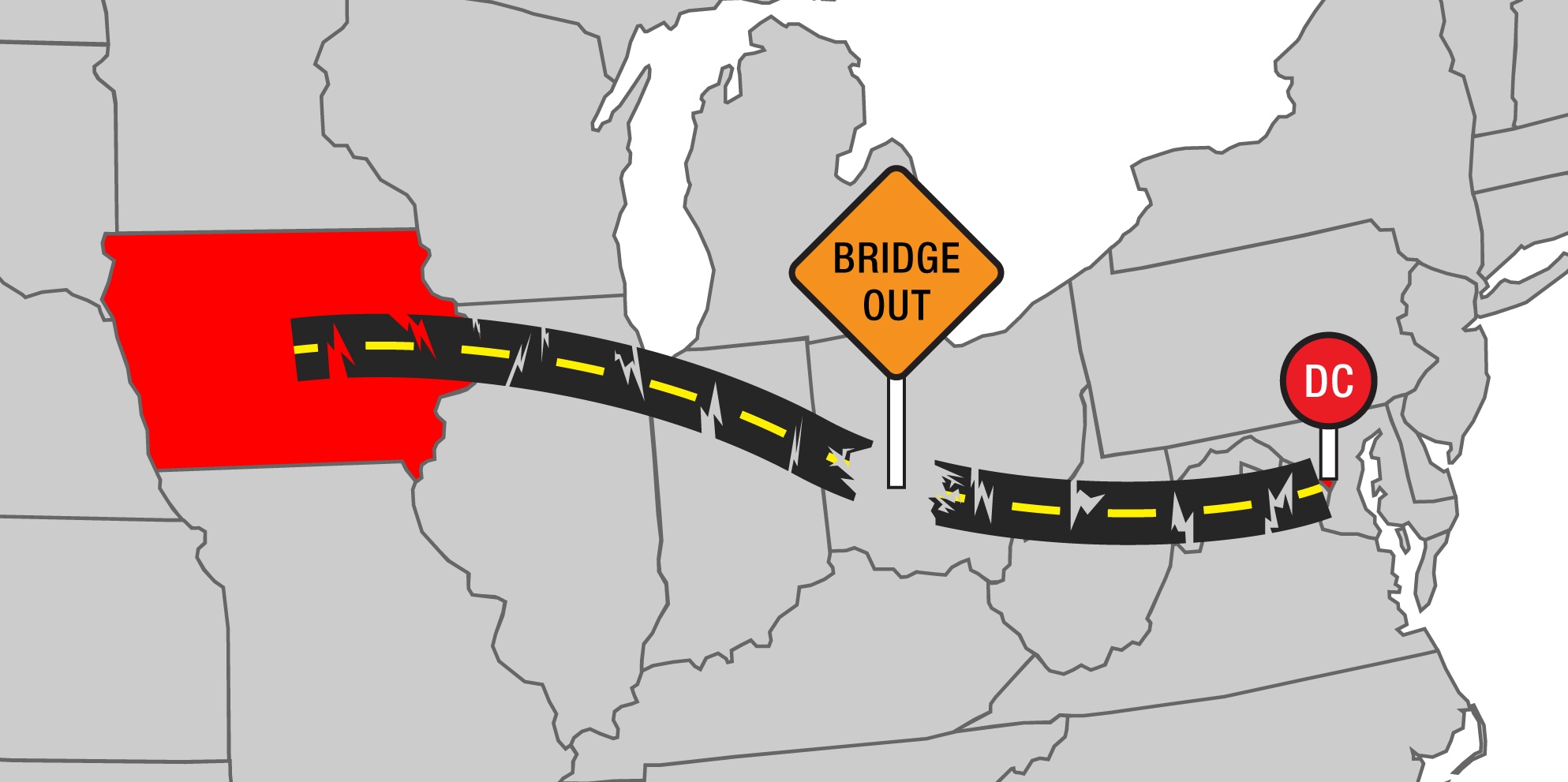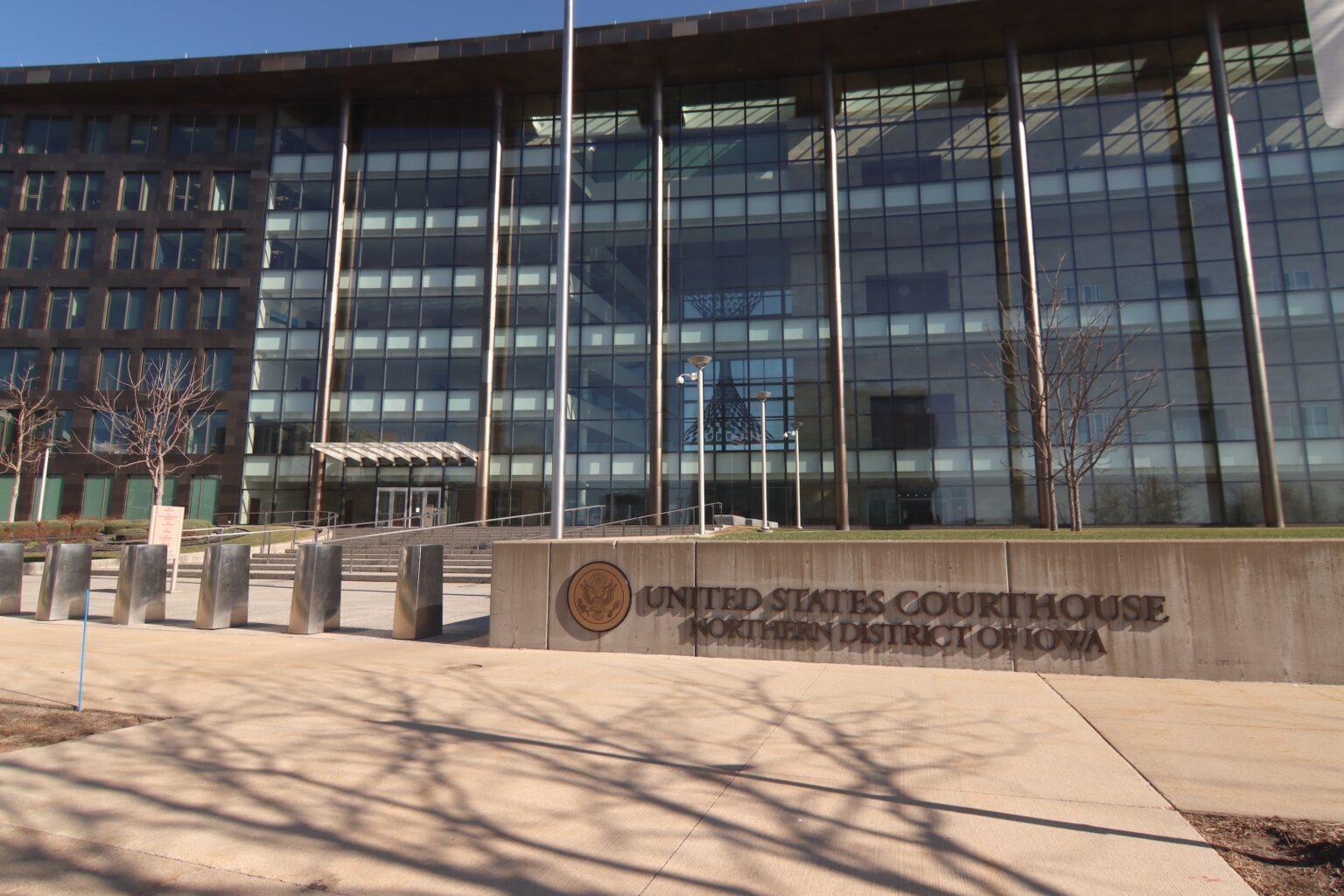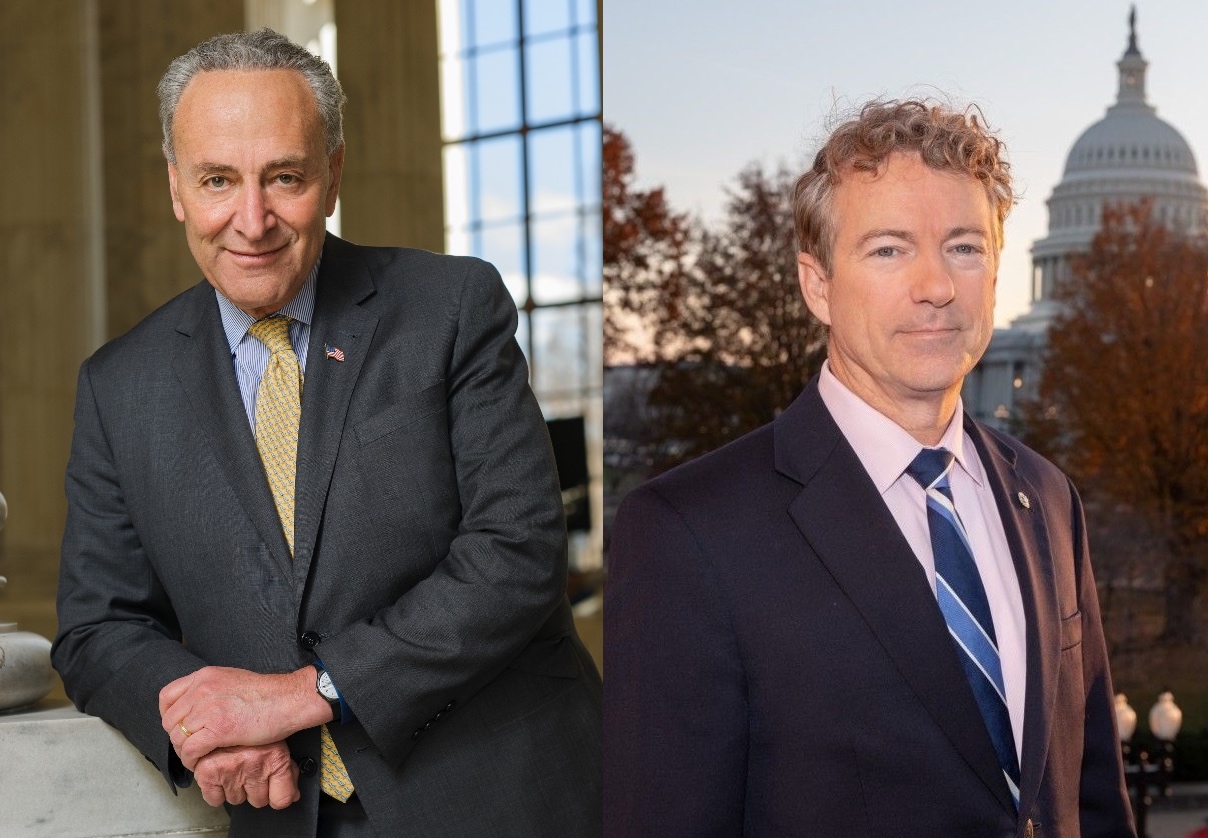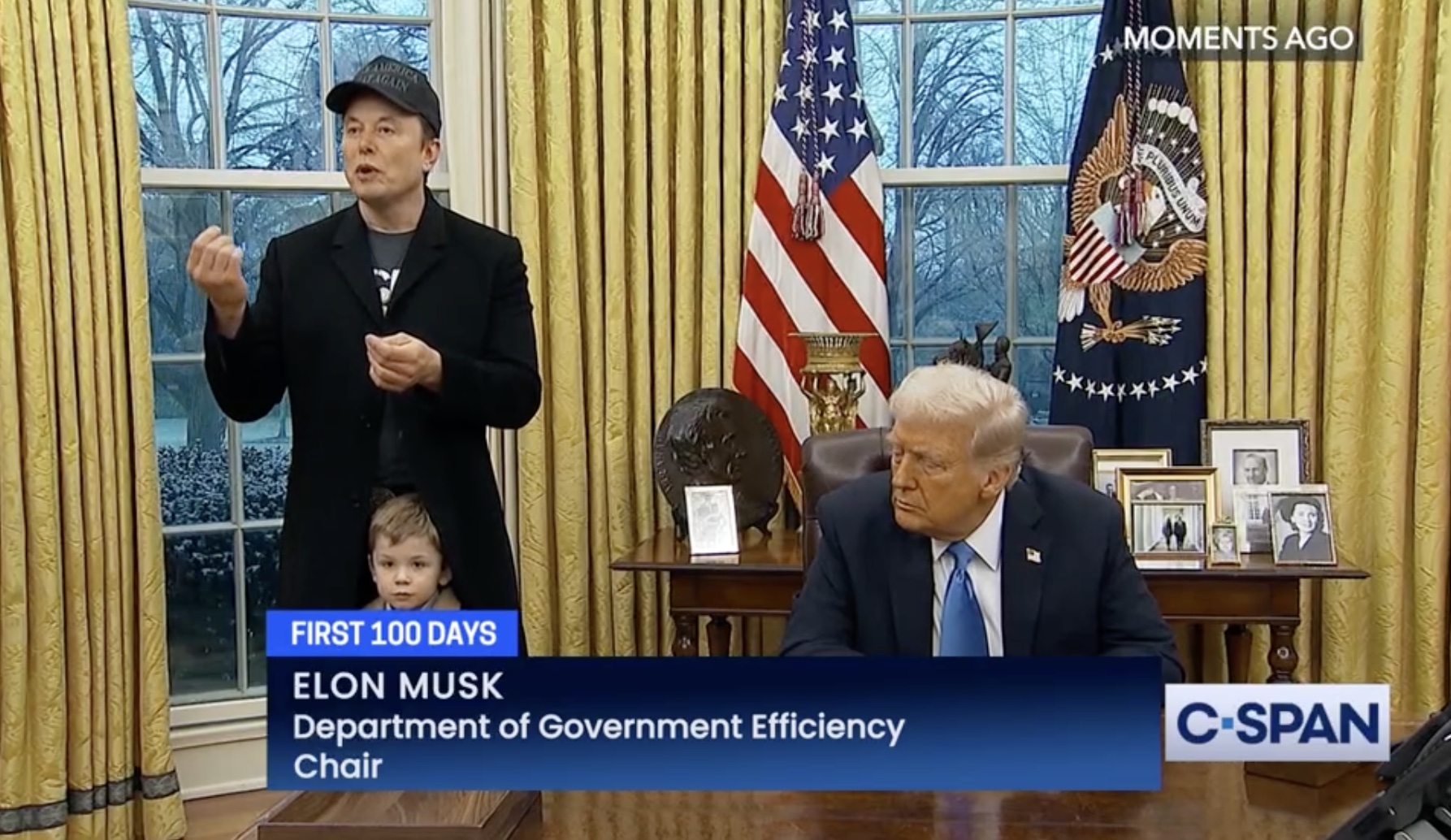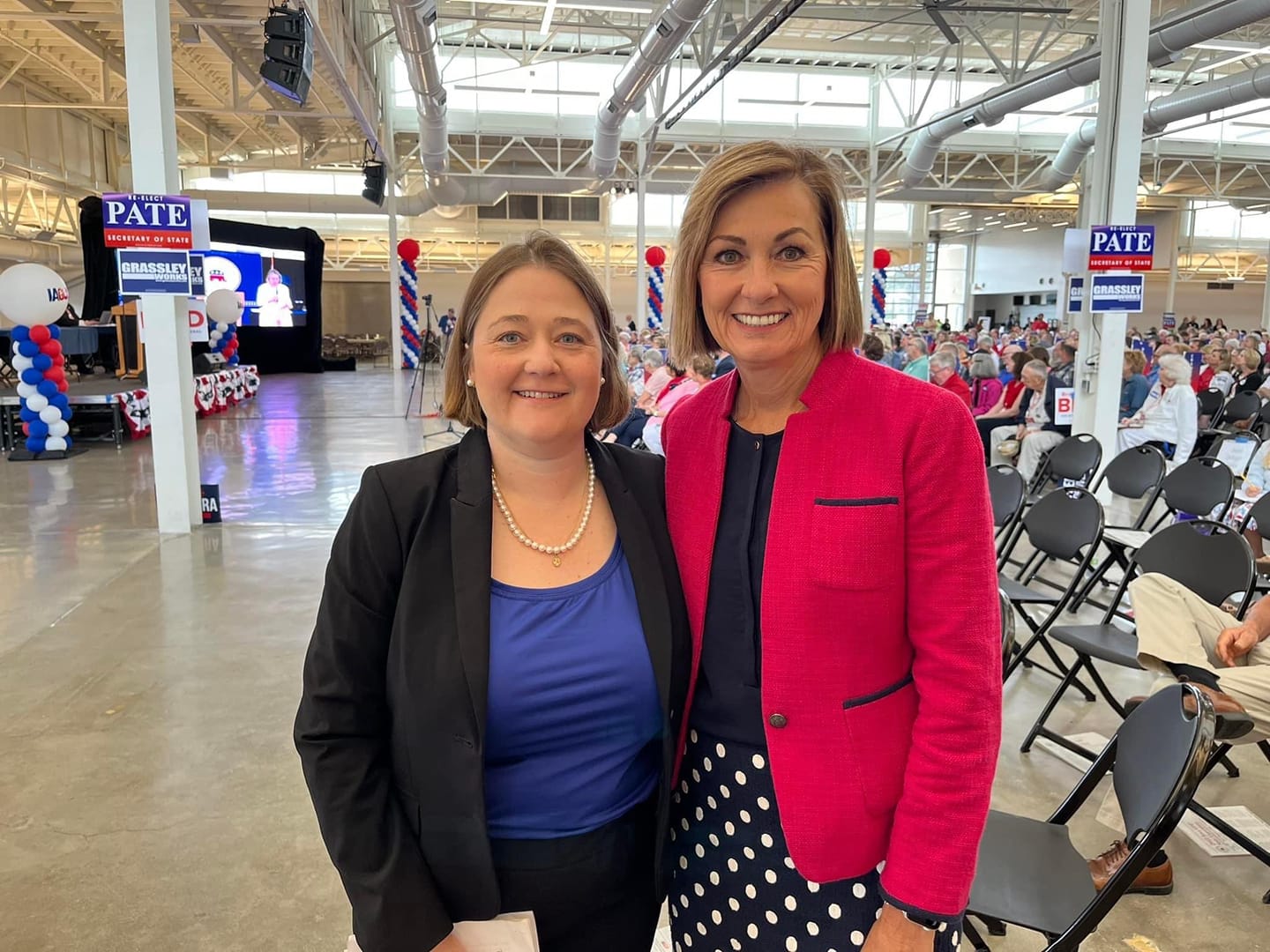Sue Dinsdale is the executive director of the Iowa Citizen Action Network, a grassroots public interest organization committed to creating social change in Iowa and across the nation. She is also the state lead for Health Care for America NOW. Brian Keyser is a health policy research associate at Center for American Progress, an independent, nonpartisan policy institute that is dedicated to improving the lives of all Americans through bold, progressive ideas, strong leadership, and concerted action.
Last year, 60-year-old Iowan Susan McKinney started a new job working from home for a travel agency. Susan suffers from diabetes, arthritis, and atrial fibrillation (AFib), and her insurance coverage hadn’t kicked in before her health deteriorated to the point where she couldn’t walk up or down her apartment steps. She couldn’t get to a doctor—which she had no way to pay for anyway—so her conditions went untreated. In November, her concerned siblings moved her back to her hometown of Cedar Rapids, where the local free clinic told her that she qualified for Medicaid. Susan’s sister says, “Medicaid saved her life.”
Medicaid provides comprehensive medical coverage and long-term care for approximately 21 percent of Iowans like Susan. In 2023, the federal government covered around 72 percent of Iowa’s $7 billion in Medicaid spending.
But on February 25, all four members of Iowa’s House delegation voted in lock step with the Republican majority to advance a budget that would necessitate slashing federal contributions to state Medicaid programs to fund tax cuts for the wealthy. If implemented, this legislation could mean a loss of more than $8 billion for Iowa’s economy over the next decade.
The Center for American Progress estimated how the $880 billion in proposed Medicaid cuts nationwide would cost each Congressional district in federal funding. Here are the Iowa numbers:
Continue Reading...





